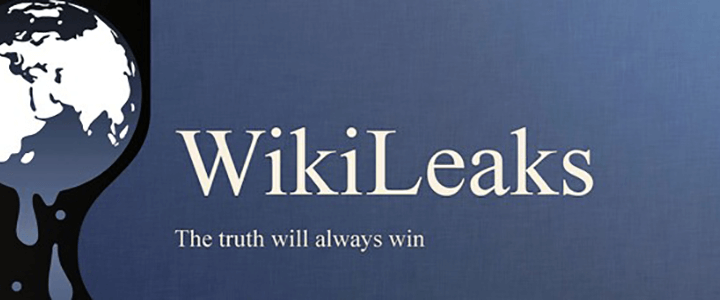Whether you think the people behind Wiki-leaks are traitors or heroes, one thing was recently made clear by their data dump of CIA secrets: their ability to damage governments is limited only by the supply of disgruntled government employees and contractors.
That’s because much of the classified material Wiki-leaks has released was apparently obtained not through hacking by an outside third party, but rather from sources within various government programs and agencies. As a result, federal agencies are stepping up their efforts to identify and root out individuals who might fit the profile of a Bradley Manning or Edward Snowden – those who, whether due to narcissism, resentment, money, or other reasons – seek to damage the very programs on which they once worked.
I can’t share the details of private conversations, but I do know with certainty that efforts are underway within the security community to help build better profiles of would-be leakers, understand what motivates them, and control for variables during the investigative process. This is long overdue, but it nonetheless presents fundamental due process concerns that must be addressed before such reforms are implemented. As I have argued in jest previously, if narcissism is deemed a trait of the would-be leaker, social media monitoring programs will naturally need to evaluate the numbers of “selfies” clearance-holders share. Own a selfie-stick? Immediate CI polygraph!
Like Leaks? Wikileaks, that is?
Joking aside, one objective way that the government can monitor an employee’s propensity to leak information is to monitor his or her interest in leaks. For example, those who read the Wikileaks website may feel more of a kinship with the publishers or share similar anti-government leanings. The normalization of reading such highly classified information in the open may also help the leaker rationalize his or her eventual decision to share new information. Bottom line: expect to start seeing questions specifically about Wikileaks and similar organizations on future CI polygraph examinations.
Of course, not everyone who reads Wikileaks is a future spy; some may simply be curious. But understand this: just because classified material has been published to the internet does not make it suddenly unclassified. Reading the information without both the appropriate security clearance and need-to-know technically constitutes a reportable security violation for those who hold a clearance. Depending upon how aggressively the government begins pursuing these issues, security clearance denials and revocations may very well be on the horizon for such behavior. Personally, I don’t think it is worth the risk – especially when there is plenty of other fascinating material in the news.
This article is intended as general information only and should not be construed as legal advice. Consult an attorney regarding your specific situation.




